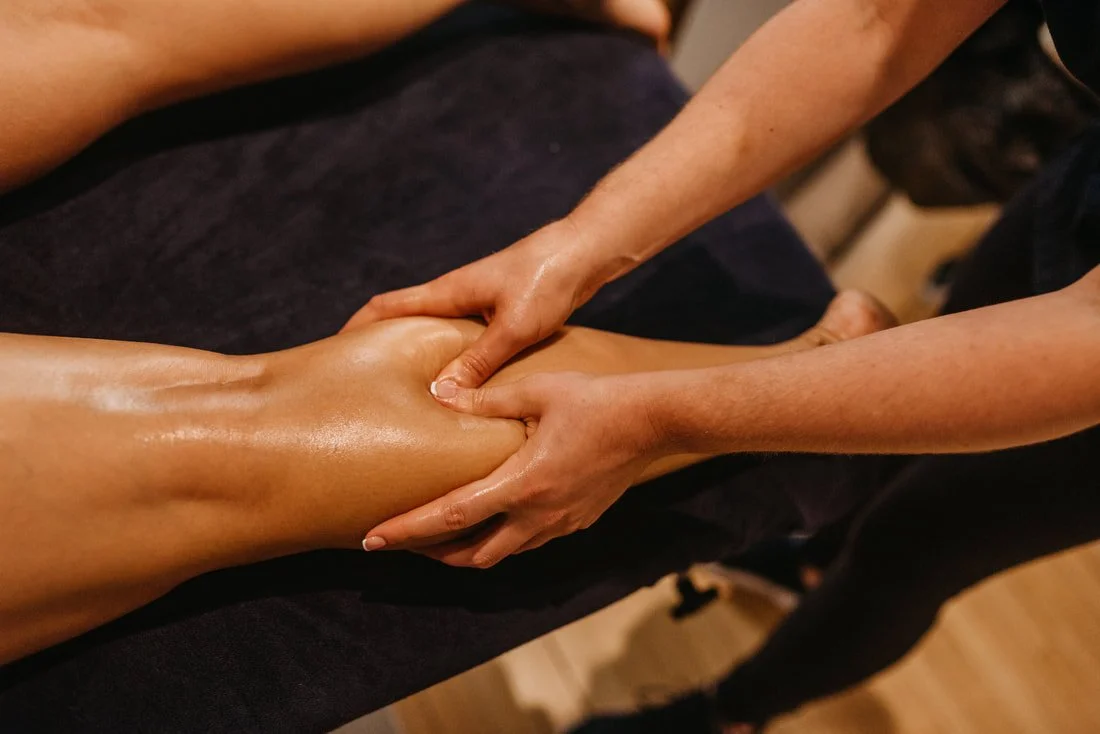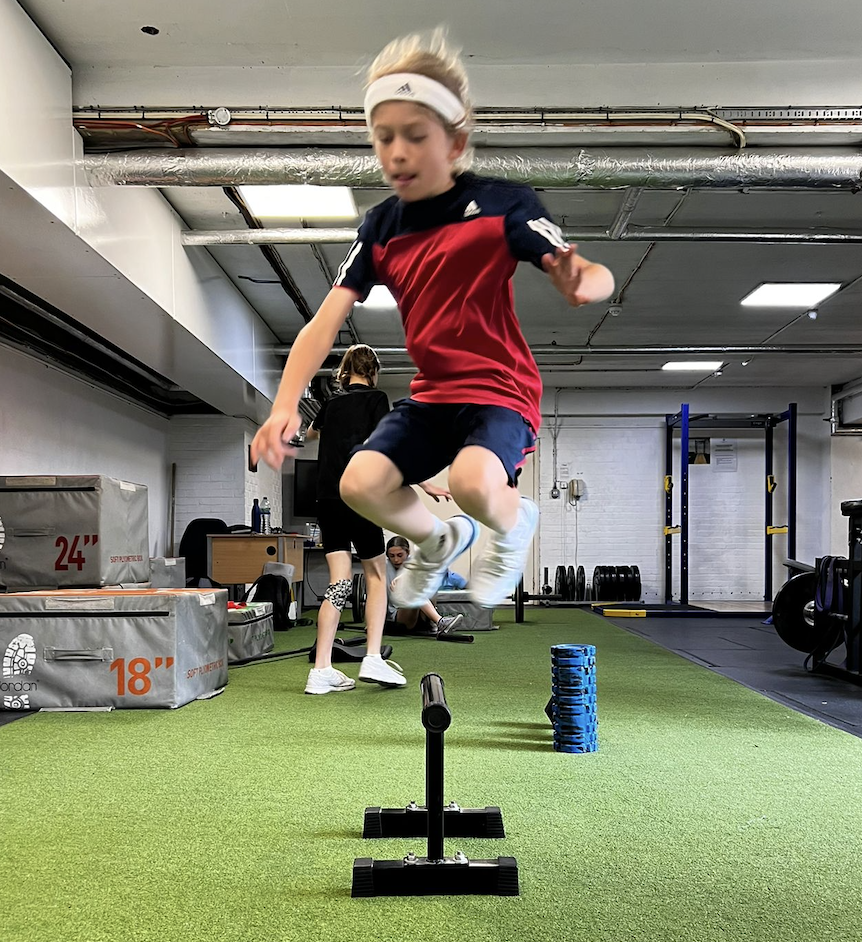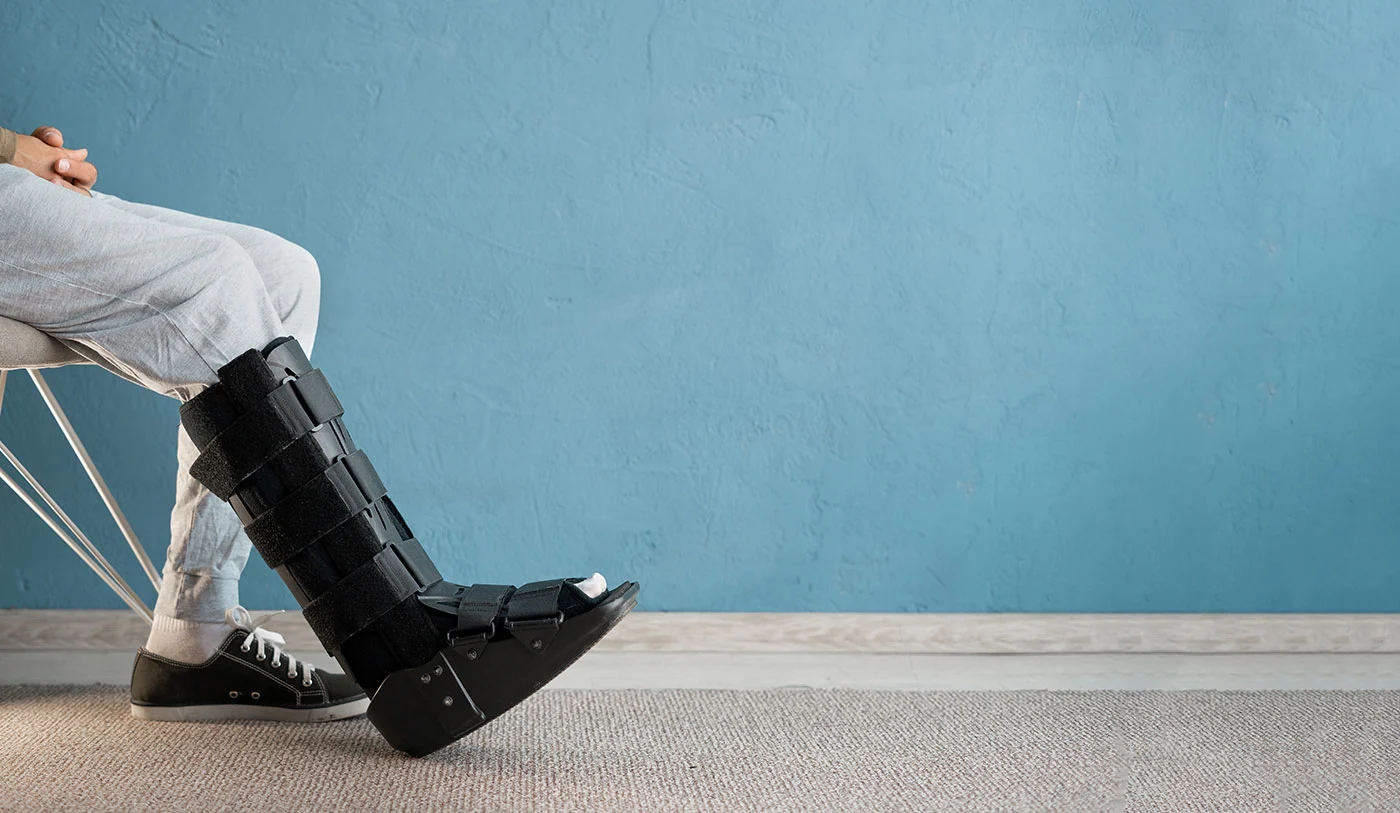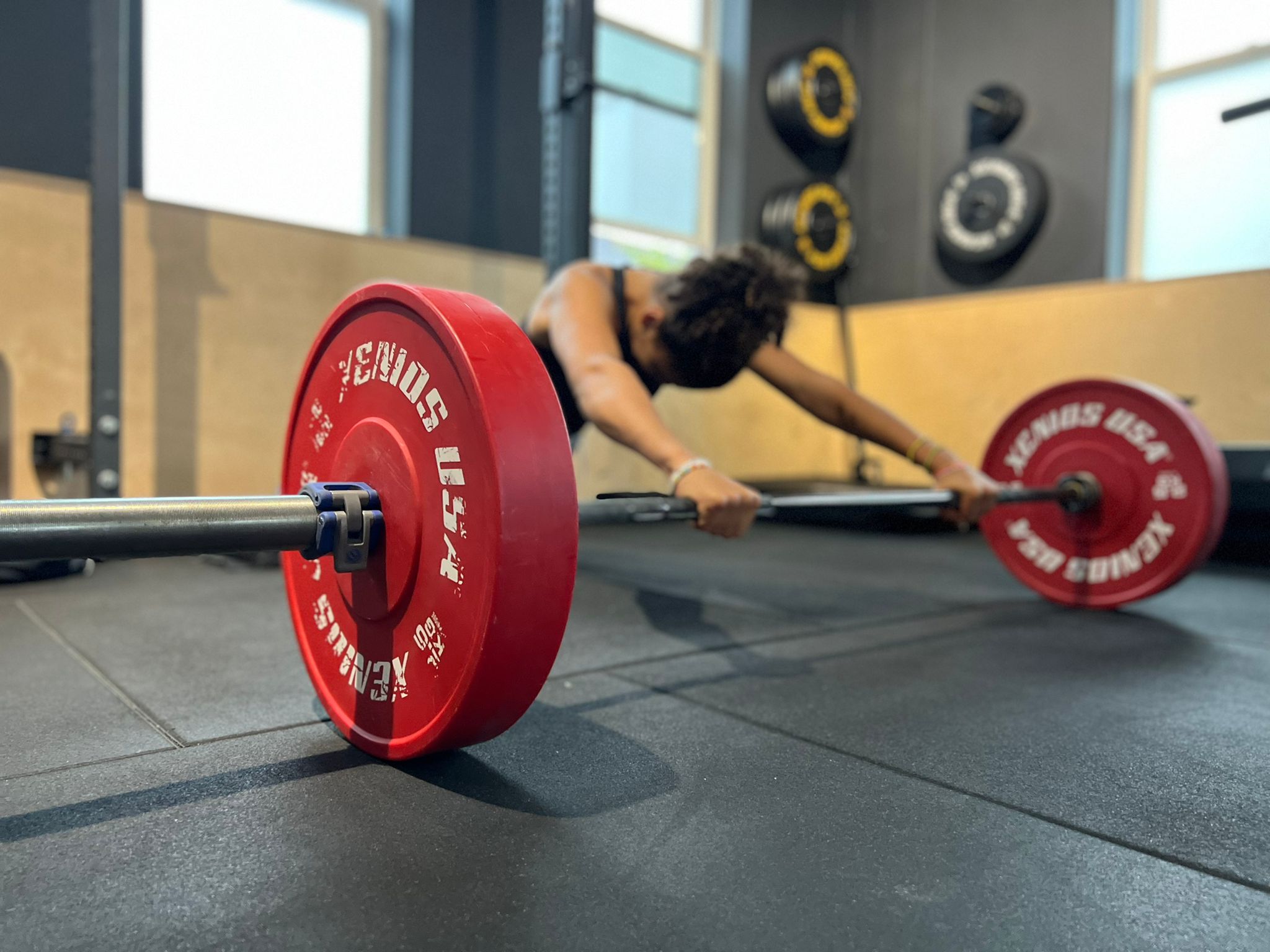

From Coach to Parent: Why Habits and Independence Matter More Than Talent
Over the years, I’ve worked with a lot of young athletes. Some incredibly talented. Some incredibly hard-working. Some a bit of both.
But if I’m honest, the ones who go the furthest - on or off the pitch/court - aren’t always the most talented. They’re the ones who’ve developed good habits and the ability to think for themselves.
So, I wanted to share a few thoughts - not to lecture or list out parenting tips, but just to offer a perspective from where I sit as a coach: as someone who works with kids in sport, cares deeply about their development, and sees the long-term picture.
Because let’s be honest: sport ends for most of them. But life doesn’t. And the stuff they pick up along the way: the habits, the independence, the resilience - that stays with them.
What We’re Really Teaching Through Sport
Sure, I coach strength and conditioning. But under that? It’s more than just coaching:
- Self-awareness
- Consistency
- Problem-solving
- Accountability
All things that go way beyond a match/tournament or a medal.
And I’ve learned that when a young athlete starts to take ownership of the little things, like doing their own warm-up/cool down before/after matches regardless of winning or losing, remembering to fuel properly, taking an accountability of their sleep, they start becoming more confident in everything they do.
That confidence? That’s not just athletic. That’s human.
You See More Than We Do
As coaches, we might see your child a few hours a week. Maybe in a group setting. Maybe during a private session. But you see the full picture. You see the post-game highs and the car-ride lows.You see the rushed dinners, late-night homework, tired mornings, and everything in between.
And what I’ve come to realise is: your influence as a parent is massive, especially when it comes to habits.
The routines and time affordances you encourage, the environment you create, even how you talk about success and failure... it all helps shape how your child shows up not just in sport, but in life.
It’s Not About Being Perfect
Let me be clear - this isn’t about making everything structured or turning home life into a training camp.
It’s about small, consistent things.
When I talk about habits with young athletes, I don’t mean rigid checklists. I mean:
- Going to bed at a reasonable time, most nights
- Trying to eat something before and after a session whether strength or sporting
- Learning to stretch or cool down without being reminded pre and post match/training
- Owning their preparation, even just a bit more than last month
Those little wins add up. And the cool part? Once they start doing them on their own, they feel more in control with this… comes confidence. And that’s where real growth happens.
What Happens When They Start Thinking for Themselves
Something I’ve seen time and time again, especially in youth groups, is how much more kids retain when they figure things out themselves.
Give them a rigid set of instructions? They might remember some of it.
But ask them to teach a teammate how to warm up? Or solve a training problem? That sticks.
That’s why my biggest goal isn’t just stronger athletes, it’s more independent ones. Because independence isn’t just useful in sport, it’s essential in life.
A Quick Word on Rewards and Motivation
One thing I’ve learned the hard way: telling kids “this is good for you long-term” rarely motivates them.
They’re kids. They want to feel something now. So sometimes, external motivation (like praise, recognition, time allocated for consistency or small rewards) goes a long way in helping them build habits that eventually become part of who they are.
And honestly? There’s nothing wrong with that. We all like to feel seen for doing something right.
You’re Already Helping, Even If It Doesn’t Always Feel Like It
If you’re encouraging your child, affording them time to succeed in the little habits, showing up for their games, smiling at mistakes and showing that it is okay or just having open conversations about how they’re feeling, you’re already doing a lot.
The next step might just be supporting the little habits that help them own their process:
- Letting them take responsibility for their kit
- Encouraging them to pack their own snacks or water
- Asking them what they think went well (instead of giving feedback makes it an open conversation)
These small shifts build confidence and create independent thinkers.
And that’s the ultimate goal, not just better athletes, but better people.
Final Thoughts: Sport Is the Tool, Not the End Goal
Look, I love sport. I’ve built my life around it. But even I know - it’s just the vehicle.
For 99% of young athletes, sport won’t be a career. But it can be the thing that helps them:
- Build confidence
- Understand routine
- Navigate failure
- Learn discipline
- Become independent
And if they get those things from their time in sport? That’s a massive win.
Got questions or want some ideas around building habits at home (without turning into a drill sergeant)? I’m always happy to chat.
And if you’ve already seen your child take ownership in some way, however small, celebrate it. That’s the real gold medal.

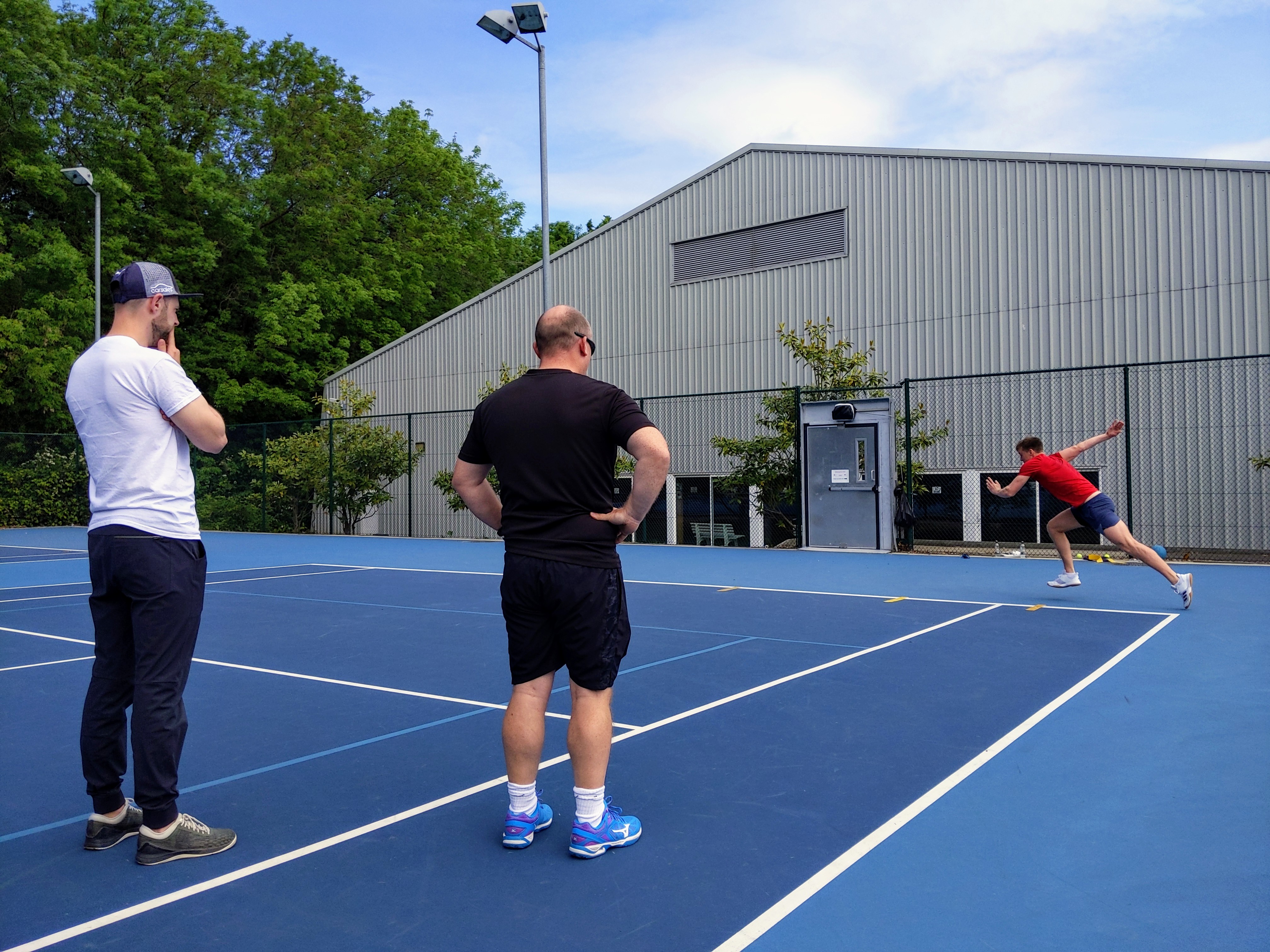
%20(1).jpg)
